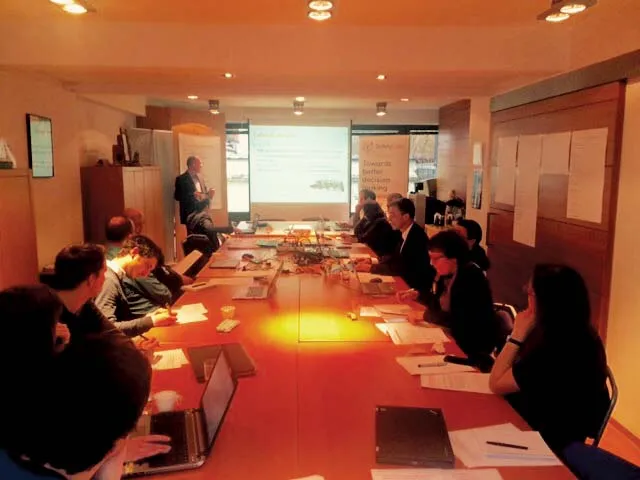
Policymakers put great emphasis on making informed decisions to ensure that the policies decided upon are backed up by relevant studies and research.
While there are hundreds or even thousands of relevant studies in the field of road safety, these are dispersed across different countries without any interconnection between them. In other words, there is a real gap between the huge volumes of scientific knowledge in Europe and their availability to policymakers.
This where the SafetyCube project is intended to redress the balance. This project is being funded by the
At the core of the project will be a novel and comprehensive analysis of accident causation factors combined with newly estimated data on the effectiveness and cost-effectiveness of safety measures, not just in relation to reduction of fatalities but also the number of injured. An operational framework will be established to provide future access to the DSS once the project is completed.
The project has four sub-objectives. The first is to develop new analysis methods for (a) Priority setting, (b) Evaluating the effectiveness of measures (c) Monitoring serious injuries and assessing their socio-economic costs and (d) Cost-benefit analysis taking account of human and material costs.
The second is to apply these methods to safety data to identify the key accident causation mechanisms, risk factors and the most cost-effective measures for fatally and seriously injured casualties.
The third is to develop an operational framework to ensure the project facilities can be accessed and updated beyond the completion of SafetyCube.
And the fourth is to enhance the European Road Safety Observatory and work with road safety stakeholders to ensure the results of the project can be implemented as widely as possible.
Last month the ERF hosted a workshop for European road infrastructure stakeholders. The objectives of the workshop were to present project activities to date as well as plans for coming research and to receive feedback from stakeholders.
The first of these objectives focused on the DSS and looked at how to make it useful, and over time, what information would be needed? It also considered how the DSS should it be presented and how could the system be accessed?
The other key objective was the identification of hot topics on infrastructure safety so that the DSS will be able to address key issues, such as policy and research priorities, areas in need of cost-benefit analysis or evidence, and others.
The workshop started with presentations of the SafetyCube project and the SafetyCube approach on road infrastructure risks and measures. Then, during a discussion session, the participants gave detailed feedback on their wishes and questions on the DSS.
Following this, the participants were asked to prioritise the infrastructure hot topics. The workshop concluded with a synthesis of the discussions.








